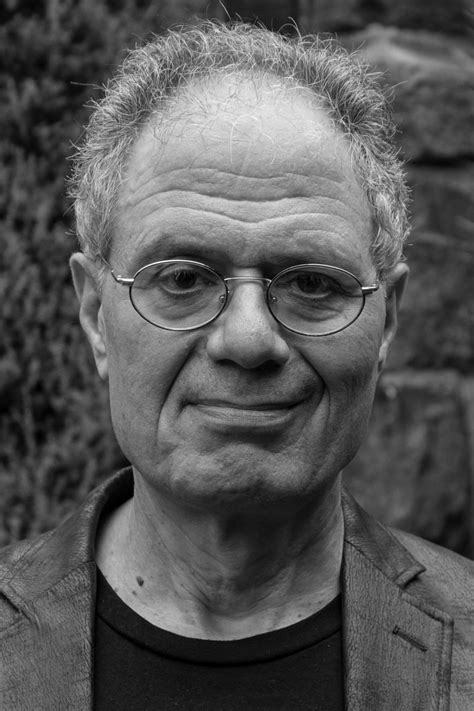A Quote by Stephen Hawking
The world has changed far more in the past 100 years than in any other century in history. The reason is not political or economic but technological-technologies that flowed directly from advances in basic science. Clearly, no scientist better represents those advances than Albert Einstein: TIME's Person of the Century.
Related Quotes
Modernity is the ensemble of changes - intellectual, political, economic, social, cultural, technological, aesthetic - that have altered the world drastically since roughly the 17th century, until which time the world was, in the above respects, far less different from the world of any previous epoch of recorded history than it is from the world of today. The modern predicament is the set of problems these changes have bequeathed us.
The postwar [WWII] GI Bill of Rights - and the enthusiastic response to it on the part of America's veterans - signaled the shift to the knowledge society. Future historians may consider it the most important event of the twentieth century. We are clearly in the midst of this transformation; indeed, if history is any guide, it will not be completed until 2010 or 2020. But already it has changed the political, economic and moral landscape of the world.
When I contemplate the immense advances in science and discoveries in the arts which have been made within the period of my life, I look forward with confidence to equal advances by the present generation, and have no doubt they will consequently be as much wiser than we have been as we than our fathers were, and they than the burners of witches.
It is my belief that whereas the twentieth century has been a century of war and untold suffering, the twenty-first century should be one of peace and dialogue. As the continued advances in information technology make our world a truly global village, I believe there will come a time when war and armed conflict will be considered an outdated and obsolete method of settling differences among nations and communities.
Film is more than the twentieth-century art. It's another part of the twentieth-century mind. It's the world seen from inside. We've come to a certain point in the history of film. If a thing can be filmed, the film is implied in the thing itself. This is where we are. The twentieth century is on film. You have to ask yourself if there's anything about us more important than the fact that we're constantly on film, constantly watching ourselves.
In the middle of the nineteenth century, the United States embarked on a new relationship with death, entering into a civil war that proved bloodier than any other conflict in American history, a war that would presage the slaughter of World War I's Western Front and the global carnage of the twentieth century.
I have begun to feel that there is a tendency in 20th Century science to forget that there will be a 21st Century science, and indeed a 30th Century science, from which vantage points our knowledge of the universe may appear quite different than it does to us. We suffer, perhaps, from temporal provincialism, a form of arrogance that has always irritated posterity.
It seems to me that the novel is very much alive as a form. Without any question, every epoch has its own forms, and the novel nowadays cannot resemble that of the nineteenth century. In this domain all experiments are justified, and it is better to write something new clumsily than to repeat the old brilliantly. In the nineteenth century, novels dealt with the fate of a person or of a family; this was linked to life in that period. In our time the destinies of people are interwoven. Whether man recognizes it or not, his fate is much more linked to that of many other people than it used to be.




































